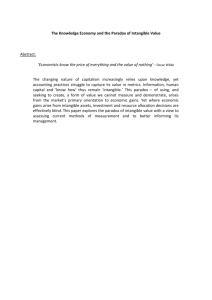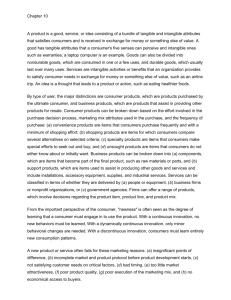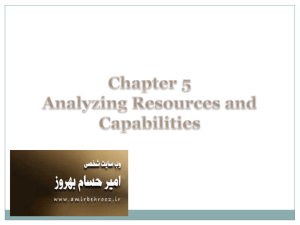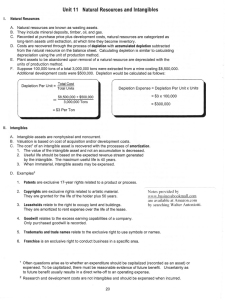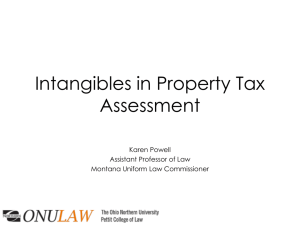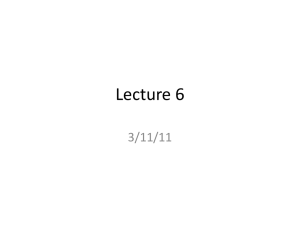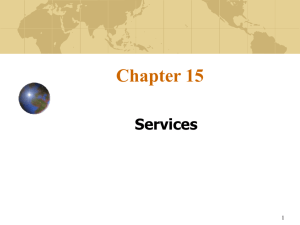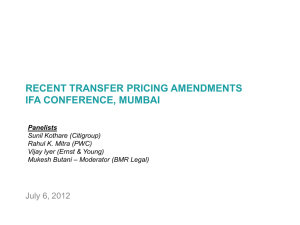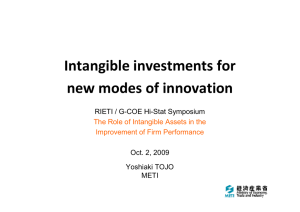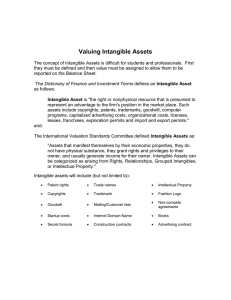Menell-Meurer "Notice Externalities" Abstract
advertisement
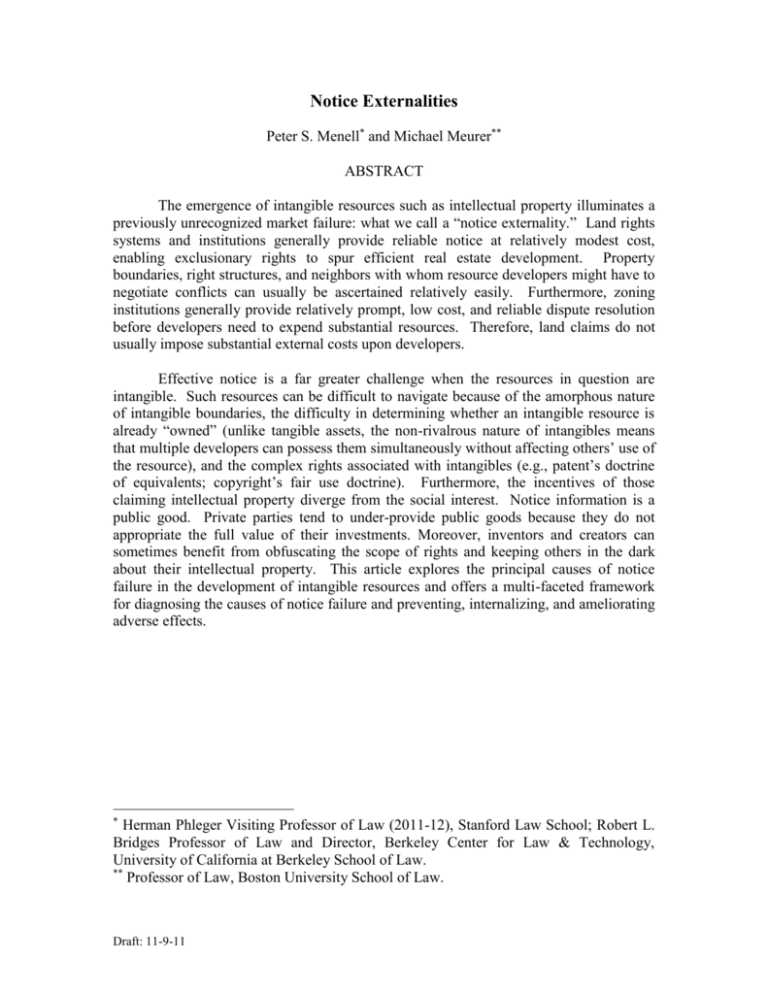
Notice Externalities Peter S. Menell* and Michael Meurer** ABSTRACT The emergence of intangible resources such as intellectual property illuminates a previously unrecognized market failure: what we call a “notice externality.” Land rights systems and institutions generally provide reliable notice at relatively modest cost, enabling exclusionary rights to spur efficient real estate development. Property boundaries, right structures, and neighbors with whom resource developers might have to negotiate conflicts can usually be ascertained relatively easily. Furthermore, zoning institutions generally provide relatively prompt, low cost, and reliable dispute resolution before developers need to expend substantial resources. Therefore, land claims do not usually impose substantial external costs upon developers. Effective notice is a far greater challenge when the resources in question are intangible. Such resources can be difficult to navigate because of the amorphous nature of intangible boundaries, the difficulty in determining whether an intangible resource is already “owned” (unlike tangible assets, the non-rivalrous nature of intangibles means that multiple developers can possess them simultaneously without affecting others’ use of the resource), and the complex rights associated with intangibles (e.g., patent’s doctrine of equivalents; copyright’s fair use doctrine). Furthermore, the incentives of those claiming intellectual property diverge from the social interest. Notice information is a public good. Private parties tend to under-provide public goods because they do not appropriate the full value of their investments. Moreover, inventors and creators can sometimes benefit from obfuscating the scope of rights and keeping others in the dark about their intellectual property. This article explores the principal causes of notice failure in the development of intangible resources and offers a multi-faceted framework for diagnosing the causes of notice failure and preventing, internalizing, and ameliorating adverse effects. * Herman Phleger Visiting Professor of Law (2011-12), Stanford Law School; Robert L. Bridges Professor of Law and Director, Berkeley Center for Law & Technology, University of California at Berkeley School of Law. ** Professor of Law, Boston University School of Law. Draft: 11-9-11
